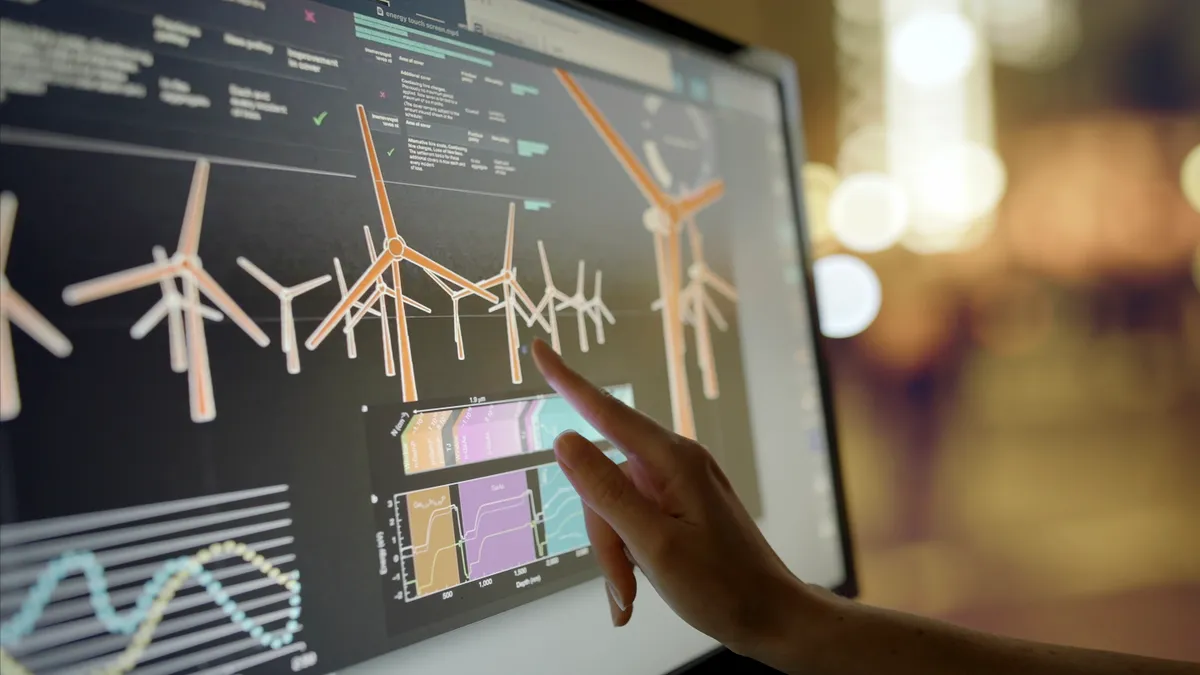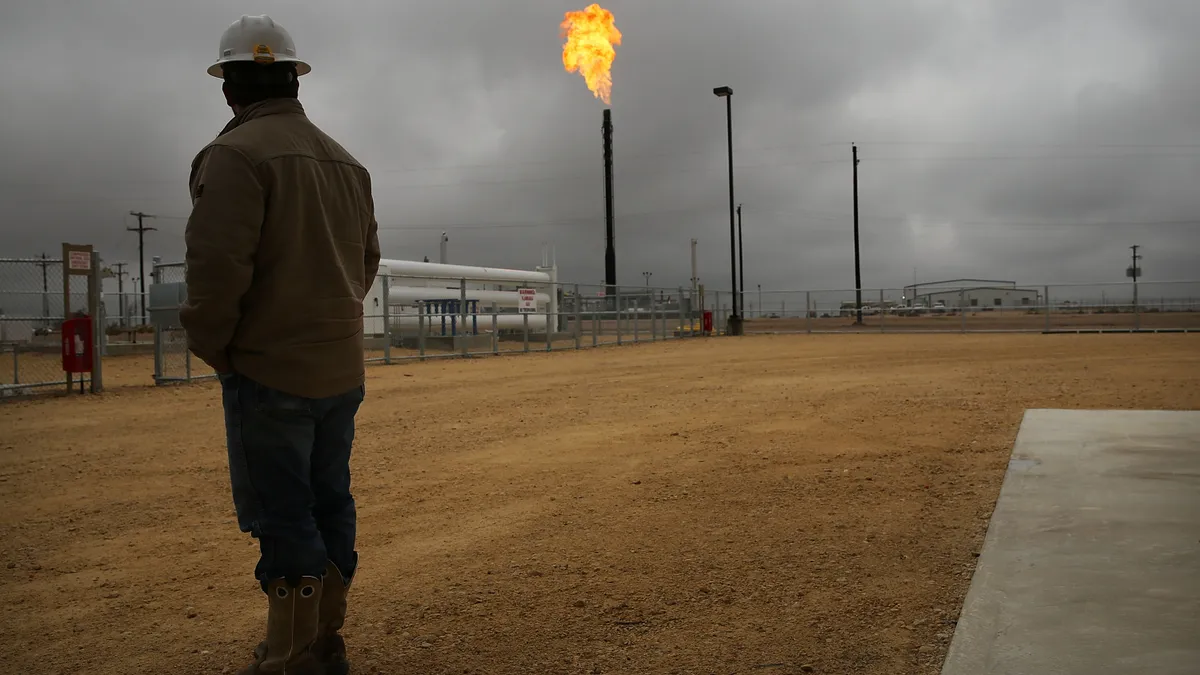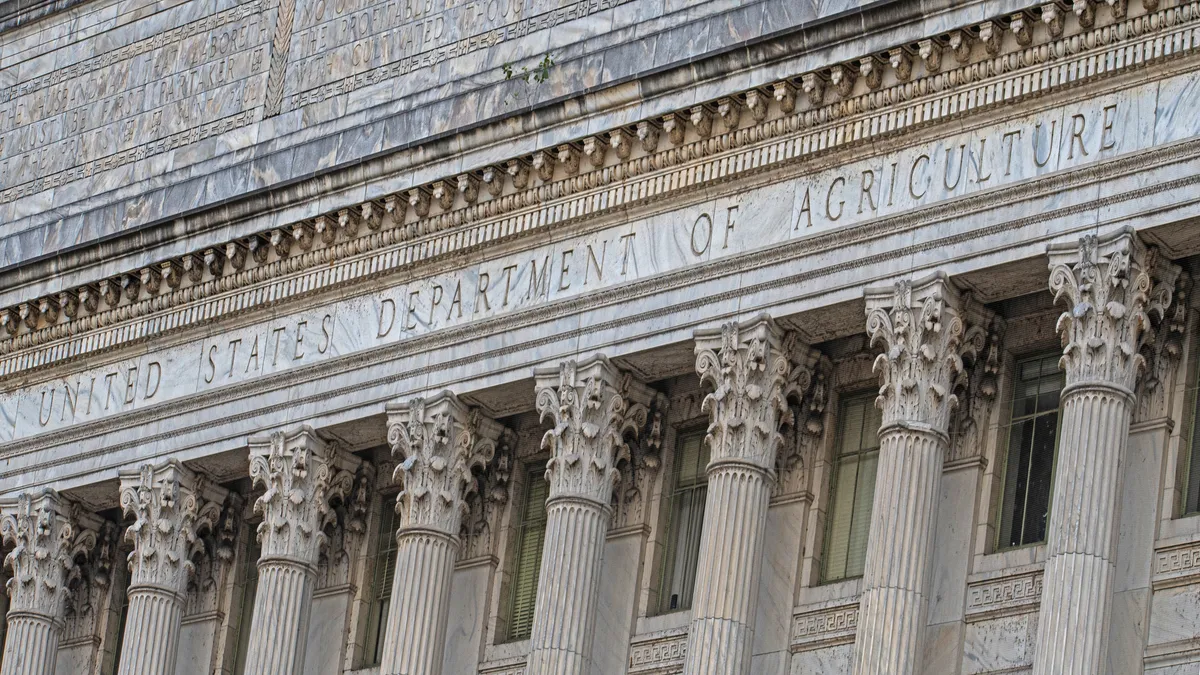Sammy Lakshmanan is a principal for sustainability at PwC and leads the consultancy’s digital and AI-enabled sustainability practice.
The rapid evolution of artificial intelligence is redefining how industries operate, and its influence on sustainability is no exception. AI will be a value play and a key enabler of sustainability, according to PwC's 2025 AI Business Predictions. AI can help businesses address top investor priorities, such as reducing carbon emissions, building resilient supply chains and advancing renewable energy adoption — all while helping to balance a growth strategy, meet regulatory demands and mitigate climate risks.
To harness AI’s value, companies can align AI initiatives with sustainability priorities, refine data collection for meaningful insights and actively manage AI’s environmental footprint. The payoff for such investments could include sustained business outcomes that balance sustainability with growth and profitability, smarter decisions that facilitate regulatory compliance and faster progress toward a low-carbon economy.
Investor sentiment underscores the urgency to get this right. PwC’s 2024 Global Investor Survey found that 64% of investors support increased spending to reduce carbon emissions, and nearly three-quarters would prioritize businesses taking tangible climate actions like innovating products (77%), strengthening supply chains (80%) and scaling renewable energy (72%). Pairing these efforts with AI can help businesses drive efficiency, uncover opportunities and deliver measurable results.
AI is accelerating the energy transition
AI has the power to revolutionize energy systems and transform how energy is generated, distributed and consumed. Companies can leverage AI-driven insights to optimize renewable energy integration, improve grid performance and reduce waste. For instance, energy providers are using AI to fine-tune wind farm operations, while agricultural enterprises are employing AI to boost energy efficiency in irrigation and storage processes. These applications highlight how predictive analytics can deliver more accurate energy demand forecasts, enabling industries to allocate renewable resources like wind and solar more effectively.
Beyond advancing decarbonization goals, real-time energy optimization through AI-driven systems can also lower operating costs, reduce risks associated with volatile energy markets and provide companies with a competitive edge in the shift to renewables. Businesses that deploy AI strategically in energy management can enhance efficiency and strengthen their market position.
Manufacturing firms, for example, are leveraging AI to refine energy-intensive operations such as smelting and assembly lines, supporting both higher efficiency and reduced emissions. Similarly, the hospitality sector is adopting AI-powered smart building technologies to curtail energy use, underscoring the versatility of AI in driving sustainable practices. By accelerating the adoption of cleaner energy solutions, AI is equipping businesses across diverse industries with tools to achieve sustainability while optimizing costs and operations.
Simplifying compliance through AI
As sustainability regulations evolve — driven by frameworks like the European Union’s Corporate Sustainability Reporting Directive — AI is emerging as a critical compliance tool.
AI can generate content, such as help draft qualitative disclosures, and recommend controls to manage risk, in concert with human oversight and a human-led approach. Additionally, AI can automate data collection, integrate diverse sources and assist in producing audit-ready sustainability reports, which can significantly reduce the time and costs of compliance.
Beyond reporting, AI can uncover insights from large datasets to inform sustainability strategies. For example, it can uncover opportunities within the value chain by analyzing data beyond immediate Tier 1 suppliers and identify trends such as emissions hotspots across multiple tiers.
By investing in AI tools that provide actionable insights and streamline compliance processes, companies can move beyond regulatory adherence and achieve greater efficiency and operational excellence.
Driving strategic decision-making with AI
The true power of AI could lie in its ability to integrate sustainability data into strategic decision-making.
By providing real-time insights, AI can help business leaders make informed choices about energy investments, supply chain optimization and long-term sustainability initiatives. Additionally, AI makes sustainability data more accessible by enabling operators and non-sustainability professionals to engage with complex scenarios through intuitive, natural language interfaces. It can also unlock new value by quantifying opportunities like the commercial potential of low-carbon products, which could help businesses align sustainability goals with profitability and growth.
This strategic focus is reflected in PwC’s 2024 Cloud and AI Business Survey, which revealed that 63% of top-performing companies are increasing cloud budgets to leverage GenAI, while 34% say sustainability considerations are driving these expected budget increases. These investments demonstrate that AI is not just a tool for innovation, but a critical enabler for achieving sustainability targets
Beyond 2025: Building a sustainable AI future
Looking ahead, the continued growth of computational power and adoption of renewable energy will likely make AI more accessible and transformative.
By adopting AI tools strategically — whether to improve energy efficiency, meet compliance demands or optimize supply chains — businesses can position themselves as leaders in the sustainability-driven economy of the future. Companies that act now will be well-prepared to address growing investor expectations, while delivering measurable results and driving sustained outcomes.


















